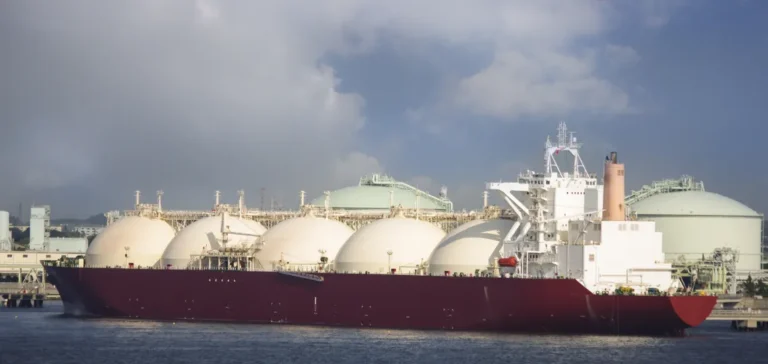Japanese liquefied natural gas (LNG) importers are intensifying their commercial optimisation strategies to counter persistently falling domestic demand. Several Japanese gas companies are turning to flexible exchanges such as time, location and quality swaps in order to maximise the value of their surplus cargoes and manage stocks more efficiently.
Japanese utilities active in swap markets
In periods of market contango, these strategies allow companies to take advantage of price spreads between delivery months. For example, a 20 cents per million British thermal units (MMBtu) spread was observed between late November and December deliveries, theoretically enabling a profit of the same value per optimised cargo. Gas companies, with more flexible storage capacity than power producers, are the most active in this segment.
In September, Kansai Electric Power Company executed a combined time and location swap, selling a cargo loaded at Cove Point in the US for late October, while purchasing another destined for Japan with an earlier delivery. This approach not only helps adjust availability upstream, but also redirects flows to the most profitable markets.
Stock management becomes a key issue
Several Japanese importers report excessive tank filling, making it difficult to receive new cargoes. Time swaps help defer deliveries under such circumstances. Additionally, some operators report the need to exchange cargoes to obtain higher calorific value, essential to maintaining technical specifications on the network.
Japan imported 66.9 million tonnes of LNG in 2024, a 1.2% year-on-year increase. However, the structural trend has been downward since 2012, due to nuclear restarts, growth in renewables and weakening industrial activity.
Shorter contracts to limit risks
Between 2025 and 2030, 20.37 million tonnes per year of LNG contracts will expire. To cover this shortfall, Japanese companies are launching tenders for shorter commitments. Hokkaido Gas and Shizuoka Gas have each sought seven-year contracts, significantly shorter than the 14-year average of existing agreements. These companies target cargoes delivered on a “Delivered Ex Ship” (DES) basis, offering greater cost transparency.
Some companies are reluctant to commit beyond 15 years due to regulatory uncertainties related to the country’s climate targets. Meanwhile, JERA, Japan’s leading power producer, recently signed agreements for up to 5.5 million tonnes per year with four US Gulf exporters, for a period of 20 years. These contracts, on a “Free On Board” (FOB) basis, offer greater flexibility to adjust shipping routes according to regional demand.
Commercial and geopolitical context shapes strategy
JERA’s decision followed bilateral talks between the US and Japan on trade and economic security. FOB terms without destination restrictions provide importers with additional logistical flexibility, especially as traditional trade routes, such as via the Cape of Good Hope, have remained largely unprofitable this year.
US LNG shipments to Japan fell by half in the first nine months of the year, reaching 2.65 million tonnes compared to 5.28 million a year earlier. Upcoming contract expiries include those of Kansai Electric, Tokyo Gas and JERA, with significant volumes from Pluto LNG, North West Shelf and Qalhat LNG projects.






















